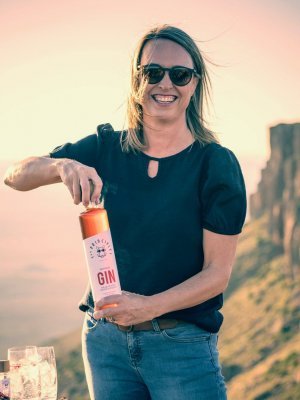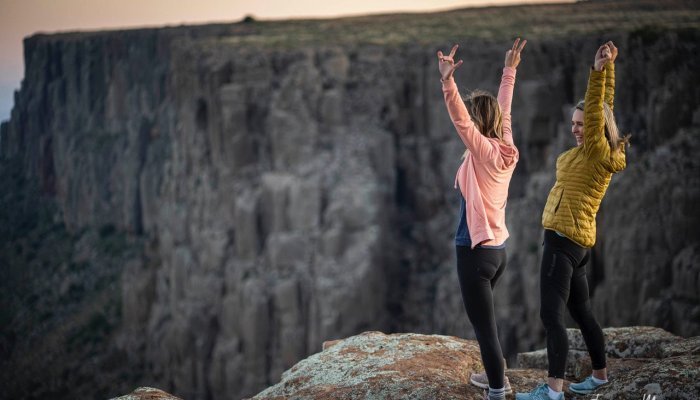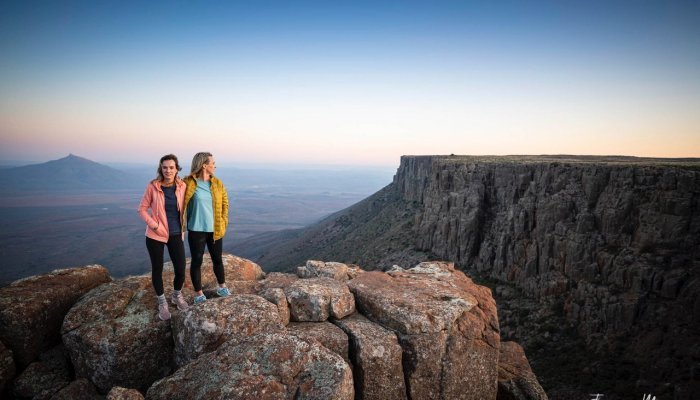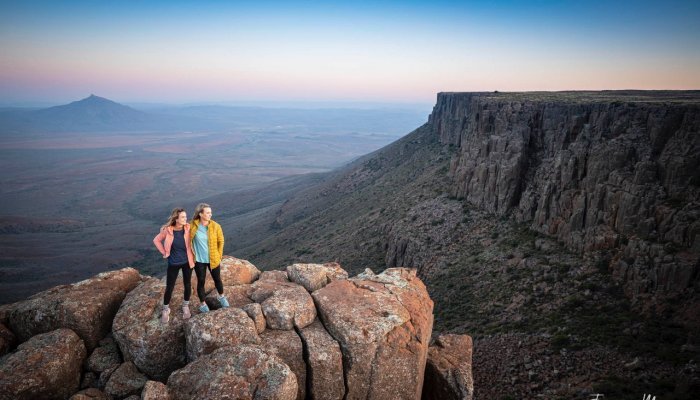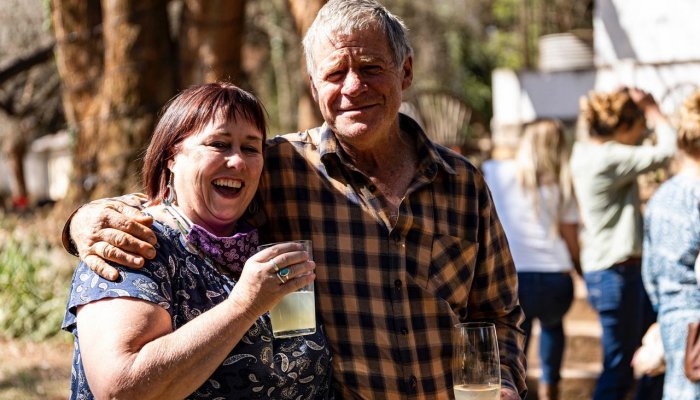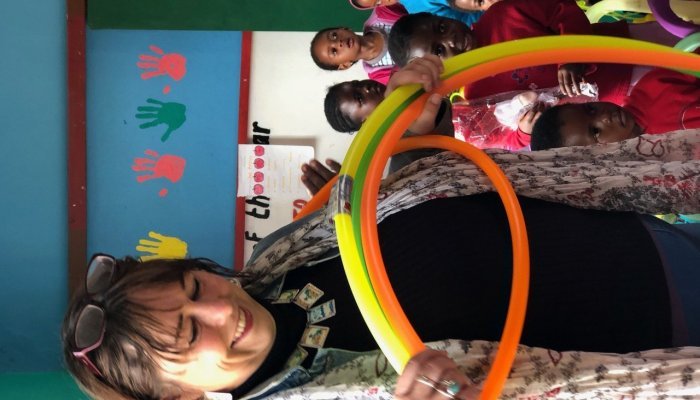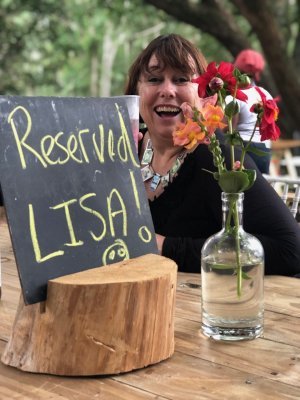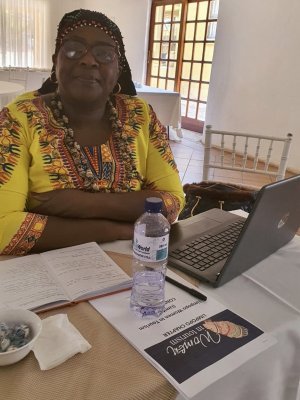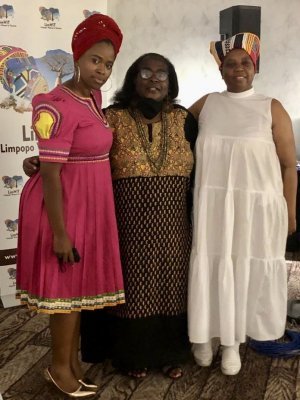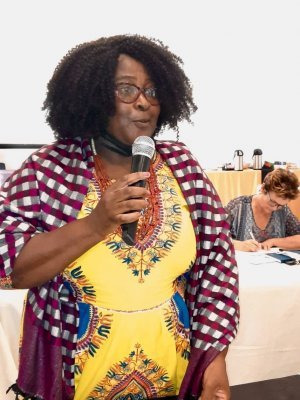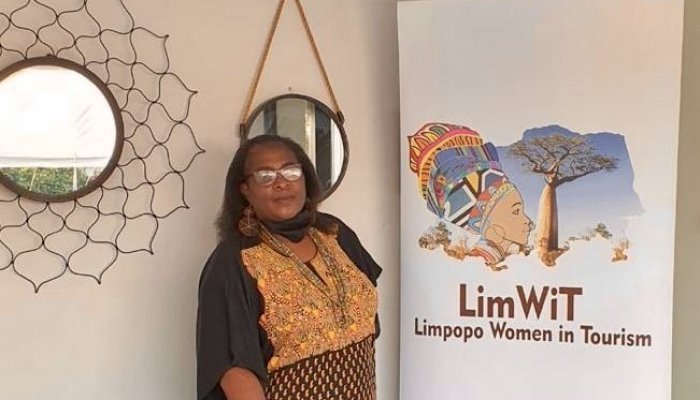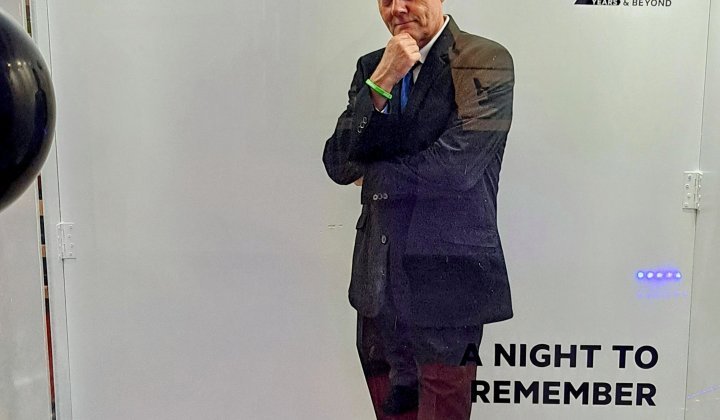The far-reaching implications of the Covid-driven financial implosion which rocked global travel are only now being felt, and – as always – it seems to be more pronounced at the far end of the value chain.
This is often in the rural heartland, where government support and funding do not effectively reach local tourism organisations, often leaving them in the lurch. Most individuals working for these regional tourism associations are women and are already experiencing their fair share of social and economic pressure.
A key UNWTO (United Nations World Tourism Organisation) report highlights the value of the SA tourism sector as “an engine for economic development through foreign exchange earnings and the creation of direct and indirect employment”. However, the bad news is that this does not always translate into the equitable distribution of that wealth between men and women.
Key findings cast a stark light on the current reality, showing that women are well represented at clerical and service levels but infrequently rise to upper management levels. In addition, the salaries paid to them are on average 10-15% less than their male counterparts.
This is a bitter pill to swallow: during 2019, tourism contributed 6.9% to South Africa’s GDP, dropping by nearly half to 3.7% in 2020. Domestic tourism declined by 42.8% over the same period, says the World Travel and Tourism Council. The silver lining to this dark cloud is that at least it showed more resilience when figures plunged 66% globally.
These statistics all boil down to one hard fact: women working at the coalface of local tourism find themselves between a rock and a hard place. To get more clarity, Acumen spoke to four individuals doing the hard yards daily to keep South Africans ‘playing locally and staying locally’.
“You do what you can with what you have…”
Monika de Jager, Namaqua West Coast tourism and wine route manager
Monika de Jager grew up in KwaZulu-Natal, but you would never say, as she epitomises that laid-back friendliness so typical of Weskus people. “I approached my career with aspirations to become a psychologist,” she laughs, “but I soon realised I like talking way too much!”
Those studies have, however, come in handy, as did her time as an overland tour guide. “The guiding background has helped me to look at my region through a tourist’s eyes rather than as a local. It helps that I adore the wild, wide-open spaces my region offers, and there’s just something about the unpolished, authentic earthiness of the area and its people.”
Funding has always been difficult, but Namaqua West Coast Tourism seems to have hit on a sustainable model. “We are fortunate to be blessed with a municipality that not only funds our organisation but remains involved in the running of it, too. A councillor and two officials serve on our Board of Directors, and they’ve always engaged over the past 10 years”.
“Our private sector has also really pulled their weight, and Namaqua West Coast is one of the few regions where there is substantial and pro-active investment from both members as well as corporate sponsors,” she continues. “Unfortunately, sponsorships have become scarcer, especially where expected deliverables do not match those of our tourism initiatives.”
Namaqua West Coast is fortunate to have eight Wine Route Members and a healthy 80-plus Destination Members who together contribute approximately 25% of the budget. “We keep costs to a minimum, running our operation with a team of three. I’m not sure what I’d do without Eonie van Schalkwyk in social media and Megan Gelandt in tourism and information.”
“One of our biggest hurdles is that we all contractually work on an annual renewal basis. This makes long-term planning, campaigns and larger development projects difficult to commit to, so I would like to see us find a solution. This would allow us to focus more on development and marketing to ensure long-term growth for us and our local communities.
“The bottom line is that we live in such a special and diverse region, from lush vineyards on the Olifants River to the misty, moody Papendorp estuary, the majestic Cederberg and desolate Knersvlakte plain. And our beautiful Maskam Mountain serves as a beacon to travellers passing on the N7 – next time, please come and visit!”
“Make tourism everyone’s business by involving local communities…”
Nomonde Ndlangisa, Bergrivier Tourism Organisation CEO
Nomonde Ndlangisa spent a significant part of her formative years growing up in the Eastern Cape, and this prepared her for her current management position at Bergrivier Tourism. “You need to be able to communicate with people of all cultures and backgrounds, and Gqeberha certainly gives you the grounding to do this,” she smiles.
A slew of qualifications in business and management coupled with a solid 20 years in tourism certainly qualifies this powerhouse for her position. “Experience in private and public sector organisations gives me an added advantage, enabling me to combine the complexities of public entities with the effective application of government policies.”
Ndlangisa honed her international destination marketing skills while promoting Cape Town and the Western Cape as part of WESGRO, travelling widely to China, Japan, India, the Middle East and South America. This is worlds apart from Velddrif, the small West Coast town where she is now stationed.
“I love it here,” she beams, explaining how she interacts with 250-plus tourism organisation members. “I deal with everything from Afrikaans Ooms and high-flying ladies at art exhibitions to the salt-of-the-earth locals who hail from small local communities dotting the back roads of the Berg River. All these people want the same thing: a better life. And together with Bergrivier Municipality, the West Coast District Municipality and Provincial Tourism Department, we will continue to strive to give them that.”
This is not an easy task because income from BTO members barely covers 10% of funding, with the shortfall provided by the Bergrivier Municipality. “It helps that the municipality has established us (Bergrivier Tourism Organisation) as an NPO because this does give us several economic advantages.”
Ndlangisa explains they have kept to established operating fundamentals but have had to be innovative in packaging their product and marketing it across digital platforms. “Our advantage is we are truly blessed with breathtaking nature and an outdoor playground of note. Plus, our quirky dorps offer a super array of adventures and experiences amidst pristine nature reserves, wetlands, lagoons, and mountains.”
“Tourism has the potential to be a dynamic tool in empowering individuals and communities…”
Lisa Martus, Love Limpopo, founder and director
My connection to the Woodbush ‘Cloud Forests’ runs deep, and the catalyst for my most recent visit came via Love Limpopo. This destination marketing and stewardship company operates in the green heart of South Africa’s northernmost province. It is here that I was fortunate enough to meet up with local dynamo, Lisa Martus.
Martus was a key driver in researching the baseline to inform the UNTWO Women in Tourism pilot project to be rolled out in Limpopo in 2022. Her take on tourism is completely non-traditional. She calls Love Limpopo a social movement, and for her and her business partner, Deon Pienaar, it is all about connection, transformation and empowerment.
“We are committed to building communities and networks,” says Martus, “and our organisation hopes to support the social ecosystem, giving a voice to artists, guides and tourism business owners, developing authentic, immersive ecosystems, building better and sustainable communities, and celebrating the passion and innovations of the doers and dreamers, not only in Limpopo but across the continent of Africa. Tourism has always had the potential to be a dynamic tool for empowering individuals and communities, but there is a myriad of challenges if you are a woman within Limpopo’s current tourism landscape. We must help women – and any disadvantaged individual – to find their voice and to follow their dreams.”
The UNWTO programme aspires to assist women trying to carve out their niche within the patriarchal mindset often prevalent in rural South Africa. Martus and her team have recommended that this be done by enabling women to tap into a network providing mentoring, leadership skills and access to markets, thus translating dreams into solutions while highlighting gender inequality and mitigating this with viable tailor-made solutions.
“Although we occasionally get project funding from the government, these initiatives need to be sustainable in the long term for them to have any meaningful impact,” Martus explains. “We need to combine income streams from media initiatives, destination marketing organisations, art councils, international benefactors, or wherever we can find support to build a functioning social ecosystem which will not only survive but thrive.”
“Gone are the days when a woman in the tourism industry was assigned to doing books or sitting at reception…”
Grace Sibara, Women in Tourism chairperson (Limpopo)
Grace Sibara is another of Limpopo’s tourism go-getters. “While I never studied tourism and hospitality, I believed my passion for working with people and learning new cultures would eventually lead me to succeed in this field,” she explains.
Sibara trained as a teacher and taught for 20 years before venturing into tourism, but her grit and determination soon saw her career soar. As an entrepreneur, she figured out that your average salary earner puts aside around 10% of expendable income for leisure purposes, and this is her ‘sweet spot’.
“Our clients can be anyone from a corporate businessman to a government politician, private individual, travel agent or a professional conference organiser, to a travelling tourist or visiting sports or church groups. And it does not matter if they are local, national, or international; if you give them good service, you have a happy customer.
“My opportunity came when I was elected to lead the Limpopo Women in Tourism group. Members are scattered through all five of Limpopo’s districts, and each district has its own WhatsApp group so that we can disseminate information effectively and easily engage in district activities.”
Sibara explains that there is also a WhatsApp group where members deal with issues regarding the LIMWIT Association. “These districts each service various municipalities, and we’re proud to say our members hold 60% of the EXCO positions in each of these regions.”
The association also has a website and social media pages where activities are posted.
Members are recruited through word of mouth, at presentations about Limpopo Women in Tourism, webinars, face-to-face meetings, and tourism conferences.
“Limpopo is one of the nine provinces of South Africa, with all districts rich in cultural and historical diversity. Our region is well known for its baobab trees, mineral deposits, cultural landscapes, natural beauty, wildlife and history,” says Sibara.
The government has taken note of Women in Tourism nationally. It has since adopted them as an initiative of the Department of Tourism and assists in funding the association where possible.
This includes procuring venues and meals during our activities, funding capacity-building initiatives and providing mentorship to women in tourism. “That helps,” says Sibara, “but we always need to source additional funding to realise our objectives. Access to funding is challenging because a huge amount of bureaucracy is involved, but as women, we work together to find a way.”


